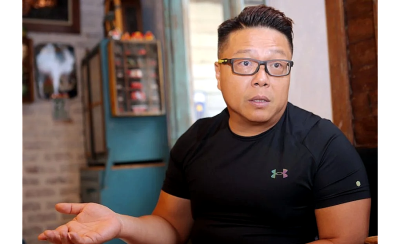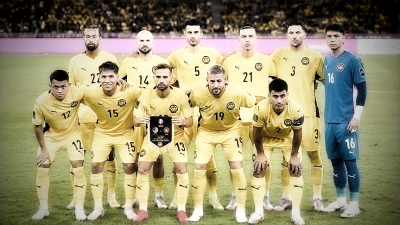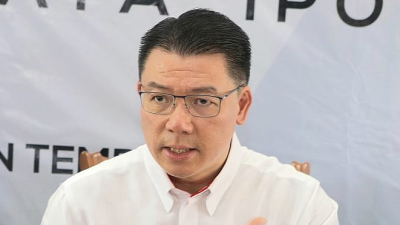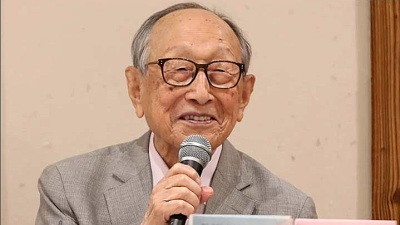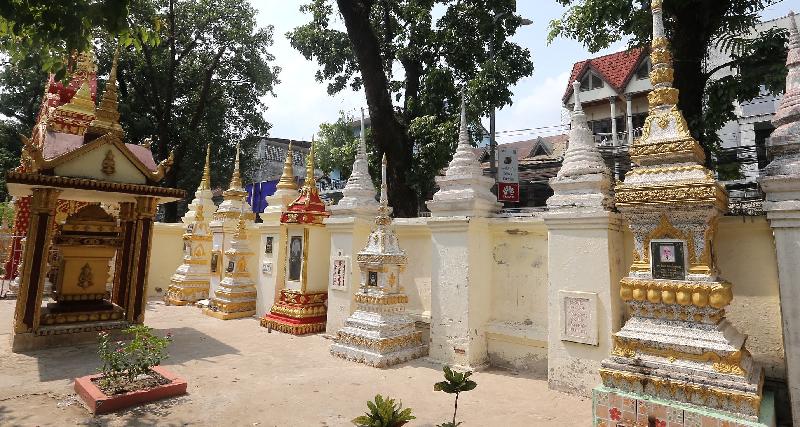
The only inland country in Asean, Laos has no natural seaports and this puts a lot of restrictions on its economic development
The country only began to develop rapidly after joining Asean and the WTO.
The Greater Mekong Sub-region (GMS) initiative championed by the Asian Development Bank in 1992 has allowed Laos and four other Indochinese countries (Vietnam, Cambodia, Thailand and Myanmar) to jointly exploit the region's rich natural resources, while the 530km rail link with China forming part of the Pan Asian Railway is poised to accelerate the country's socioeconomic development.
Laos is now embarking on an ambitious hydroelectric power project and the country plans to export its excess power to neighboring countries like Thailand, Vietnam and Cambodia.
Laos is a slow-paced country which could be both a good and bad thing.
While its Asean neighbors were developing at leaps and bounds in the 1980s, Laos was left behind.
Lim Wai Hoong, president of Malaysian Business Chamber Lao PDR, said even though neighboring Vietnam has been developing very rapidly since the country opened up its economy, its infrastructure could hardly cope with the needs of foreign investors, such as congested highways, chaotic port operations and skyrocketing land prices causing business cost to rise sharply.
"In Laos, although the government here has been slow, opening up the country only bit by bit, it has nevertheless managed to avoid the problems faced by Vietnam."
When Lim arrived in Laos in 2008, he witnessed the phenomenal economic transformation of the country.
For the past ten years, Laos has been growing at a steady annual rate of around 8% although there is a slight slowdown in more recent years to 6.7%. World Bank and ADB have projected that the country's economy would grow only at 6.5% in 2019.
"This is mainly due to the government's increasingly cautious expenditures and the revision of some policies such as the ban of timber export, thus slowing the economic development.
"Moreover, copper mining is tailing and natural resources are becoming scarce."
Enterprising spirit
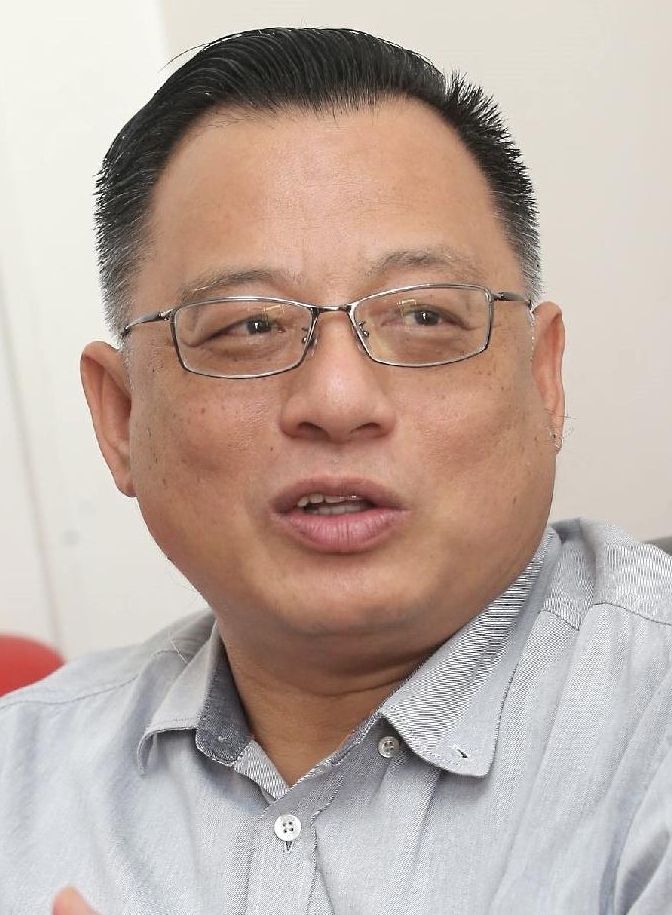
Lim said Laos offers a lot of business-friendly policies and incentives for both local entrepreneurs and foreign investors. In the past, foreigners had to team up with the locals in order to run a wholesale or retail business in Vientiane, but this restriction has been lifted and foreigners can wholly own a business here with a paid-up capital in excess of US$1 million.
To keep up with the development in neighboring countries, the Laotian government has subsequently removed some of the restrictions to encourage foreign investment.
In addition, there is no differential treatment in taxation, with both Laotian and foreign companies paying the same 24% tax.
"Like many other countries, the government here also wants to protect local businesses and land policy remains not open.
"All the land in the country is owned by the people and government. Foreigners are not allowed to purchase land and can only lease from local proprietors."
Lim said local businessmen have proposed to the government during the Laos Business Forum to emulate the land policy in Thailand, allowing real estate companies to build condominiums and sell 30% of them to foreigners, or Malaysia's My Second Home (MM2H) project. However, the government is still undecided on this.
"As a matter of fact, underdeveloped countries hold much better potentials for technological development.
"Malaysia actually has a big pool of talents in many areas but our government has never encouraged entrepreneurial spirit to exploit untapped opportunities overseas."
Lim said he saw many Malaysian companies seeking opportunities in Laos but have no follow-up actions since.
"You need to have an enterprising and adventurous spirit to do business in Laos.
"A large company normally would want to look at the numbers, ROI, ROE (return on equity)… Laos may not meet such requirements."
Mutual trust
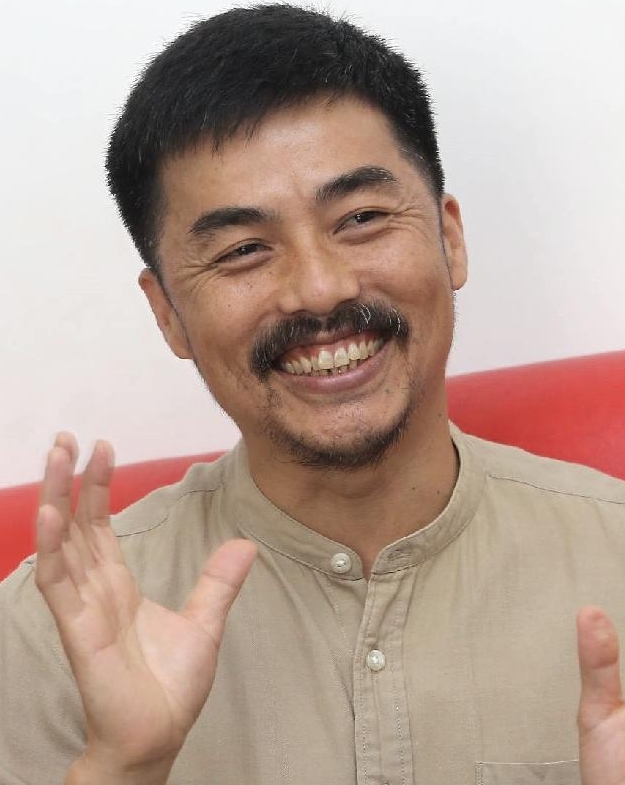
ACE Tech general manager Leong Yoke Khong is among the earliest Malaysians to exploit business opportunities in Laos.
He started working as a factory machine operator after Form 5, and ventured abroad only after his younger siblings had graduated and started working.
Leong has worked before in Singapore, Brunei and Cambodia, and eventually picked Laos as the place to settle down.
There was economic turmoil in Cambodia eight months after he went to the country to work. His employer told him to return to Malaysia immediately, but soon he made up his mind to venture abroad again, spending two weeks of vacation in Laos, where he was offered a job to repair office photostat machines.
To the young man, he would go anywhere someone was willing to hire him.
"I actually didn't know how to repair photostat machines, but my boss asked me whether I knew how to dismantle the machine and reassemble it, and I said 'yes'."
He officially stated work in Laos in 1997, but weirdly he started as a freelancer, riding a motorcycle to the client's office whenever a repair service was needed.
"There was very little competition in this field. Back then I charged at least US$30 repairing one machine."
He finally won the trust of the locals. One day, he received a purchase order from the United Nations Development Business (UNDB) which settled the full payment of more than US$10,000 immediately.
"They are not afraid I will run away with the money. Even the locals are willing to make full payment in advance."
This speaks volumes of mutual trust among the people in Laos.
Care-free nation
"Laos is a very relaxing country." After assimilating himself into the local society, Leong has learned to accept the slow pace of living here. No matter how busy he gets, he will always handle things calmly.
He said Laotians know how to enjoy life and will spend each dollar earned.
In addition, they are also prepared to share everything they have with other people. For example, people will come together for a dinner, not necessarily at a restaurant but everyone brings along something, such as glutinous rice, vegetables, fish, eggs and all put together becomes a satisfying meal for everyone.
"Their attitude is more like enjoying life. They work not for material gains. Even if they work, they also enjoy life. They won't be happier making more money than other people."
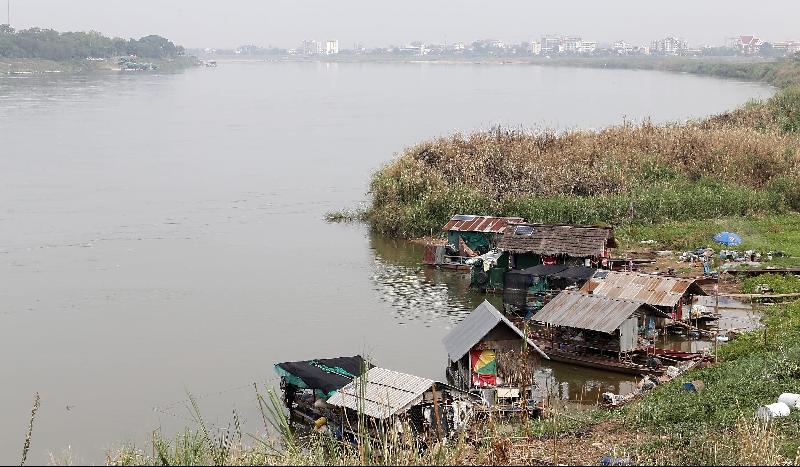
ADVERTISEMENT
ADVERTISEMENT






